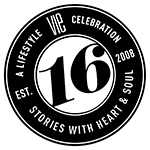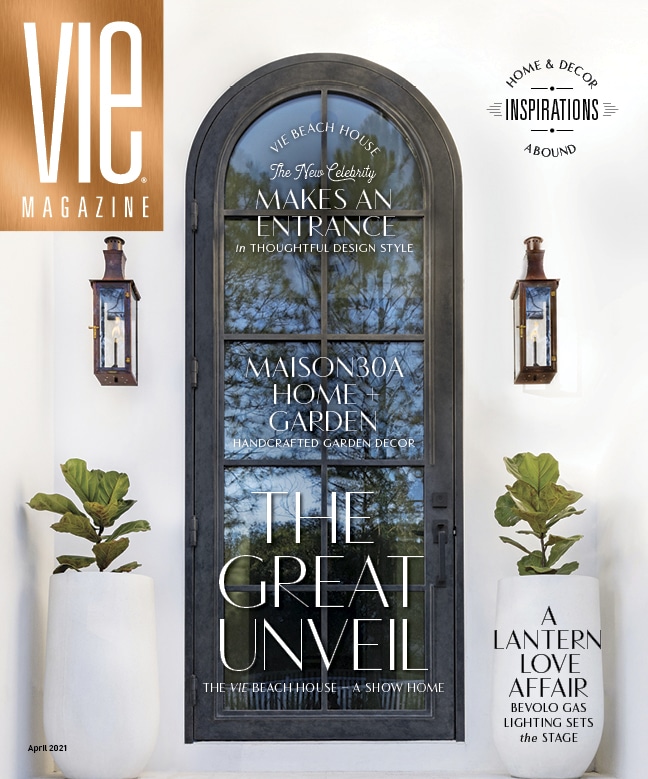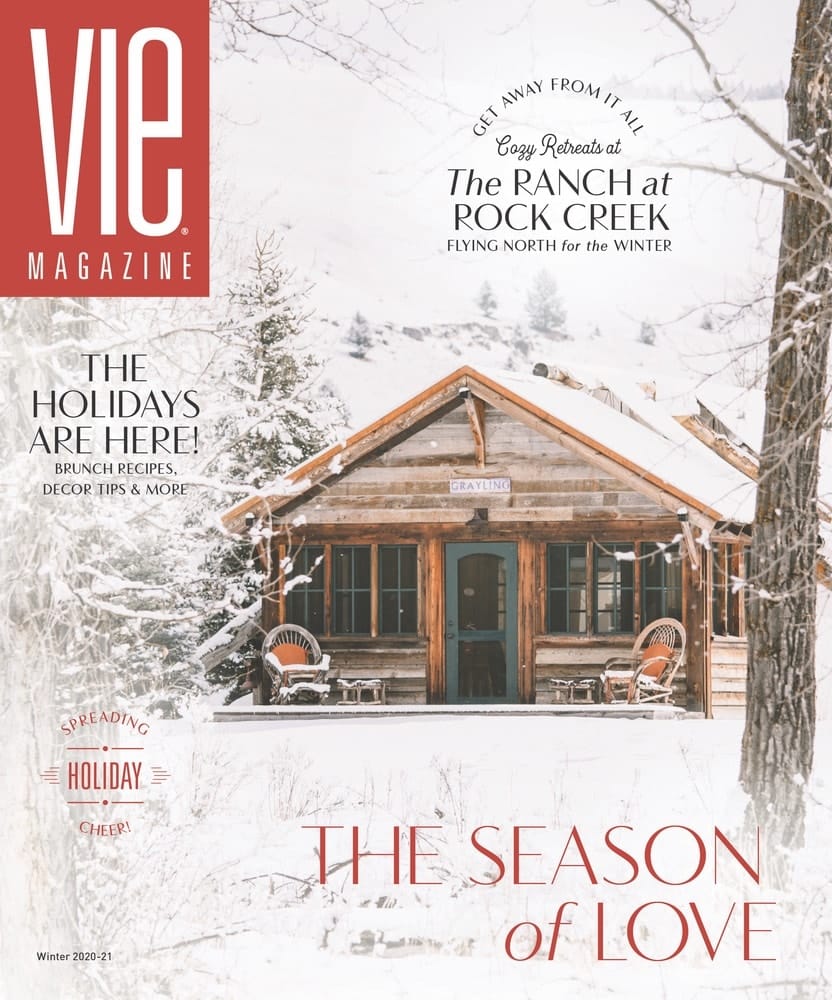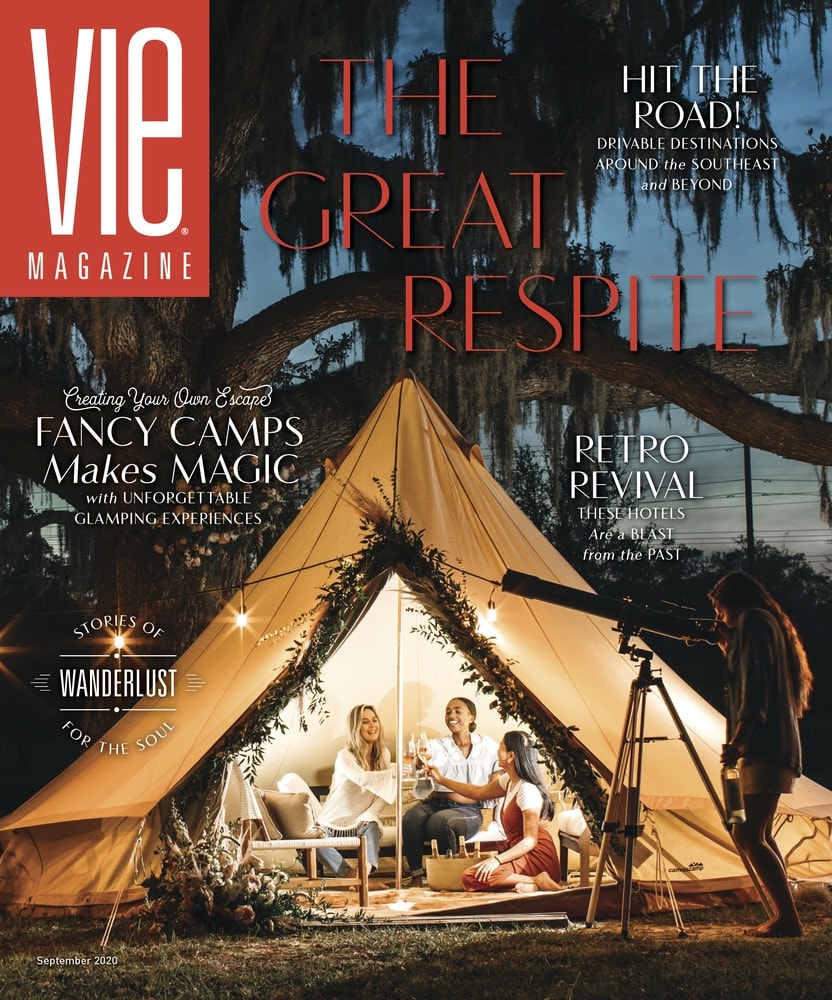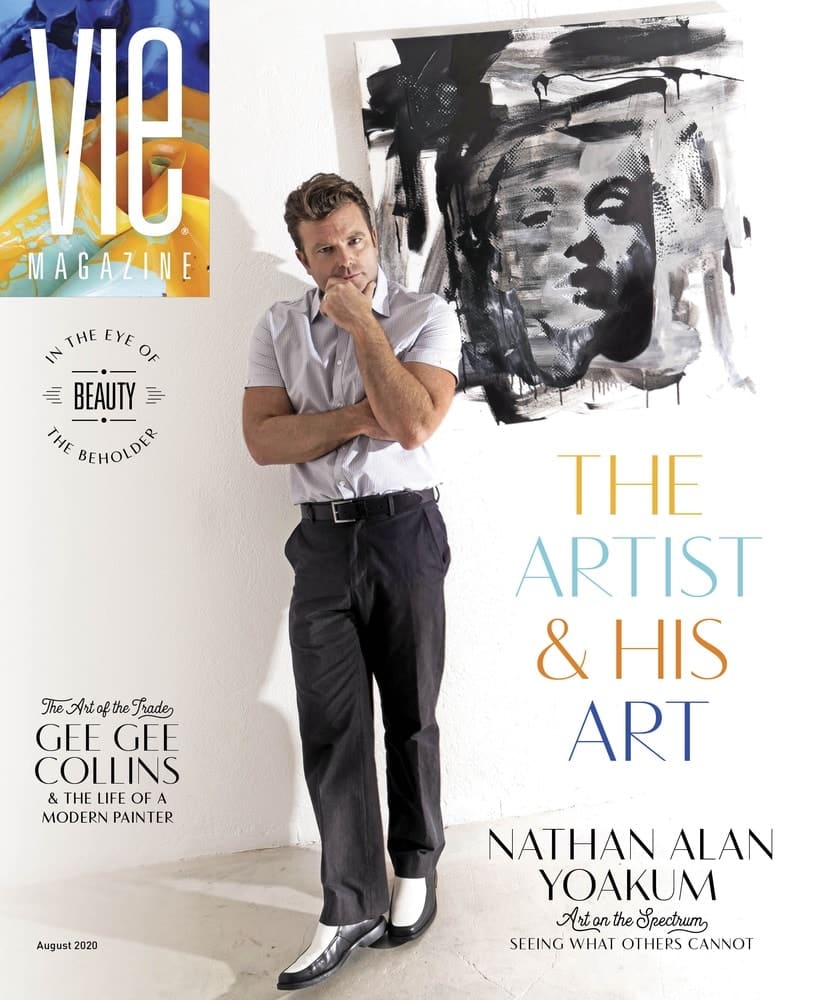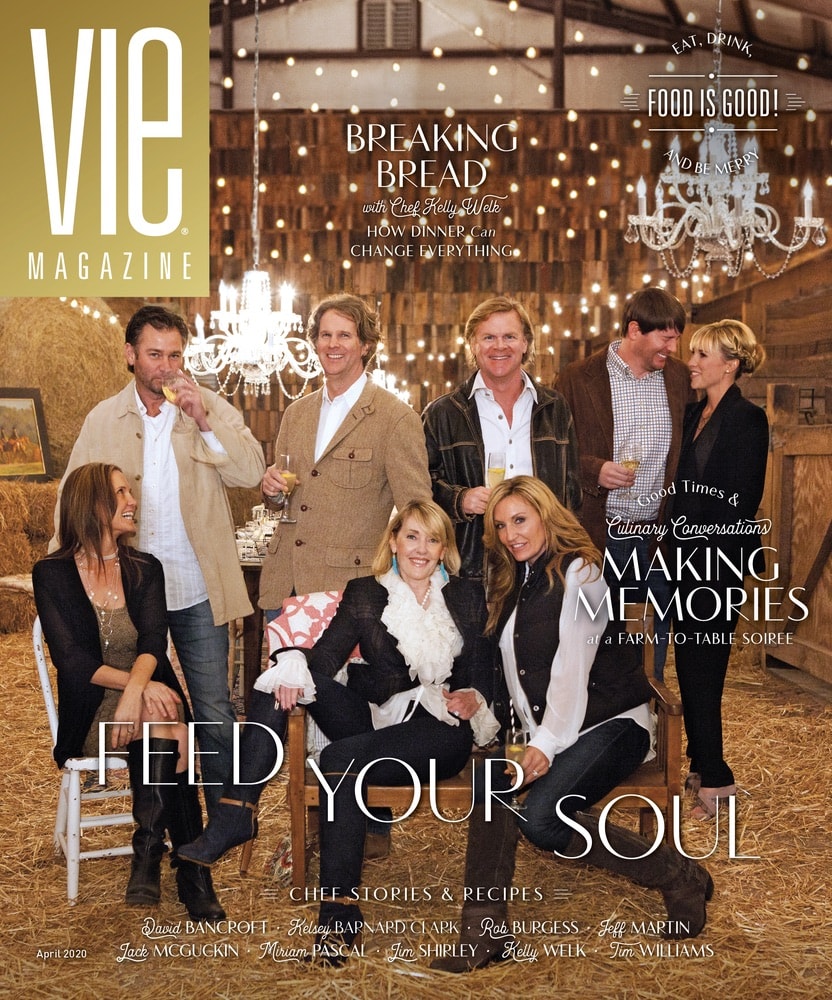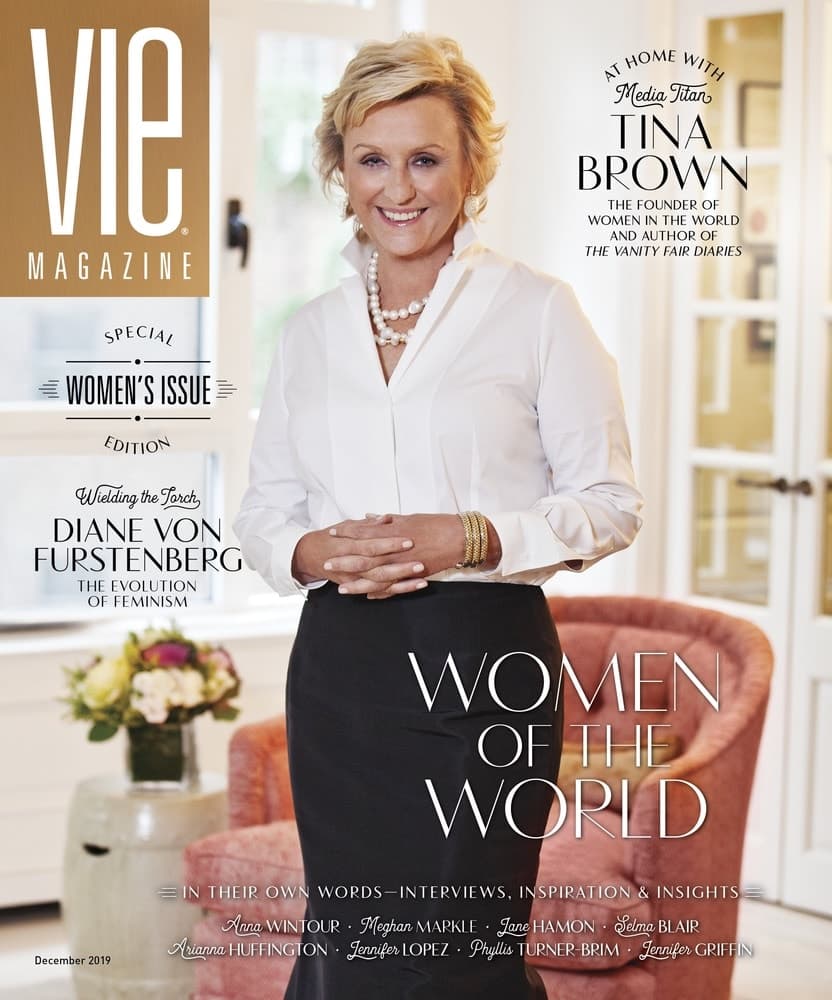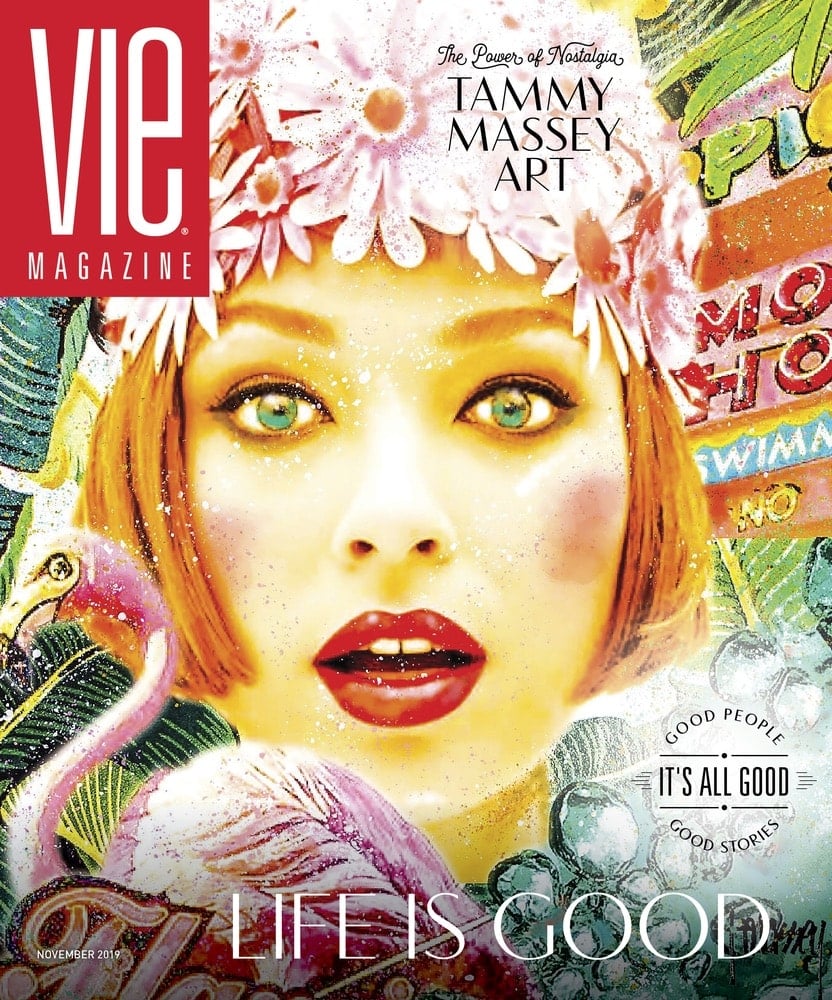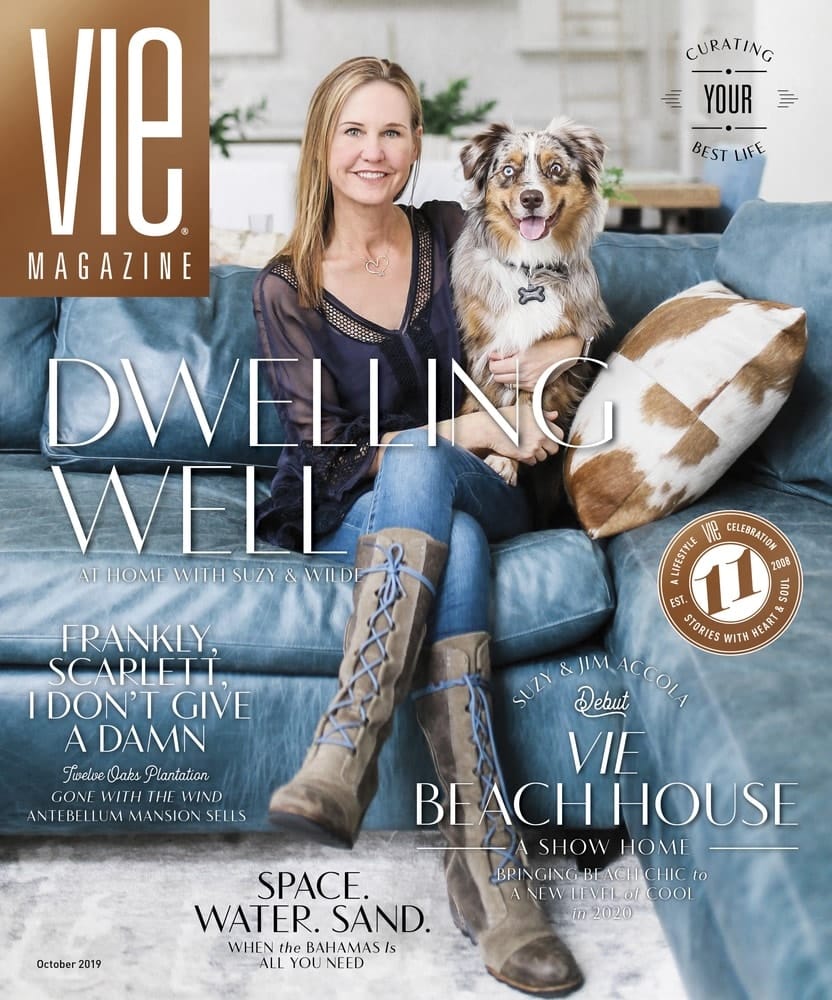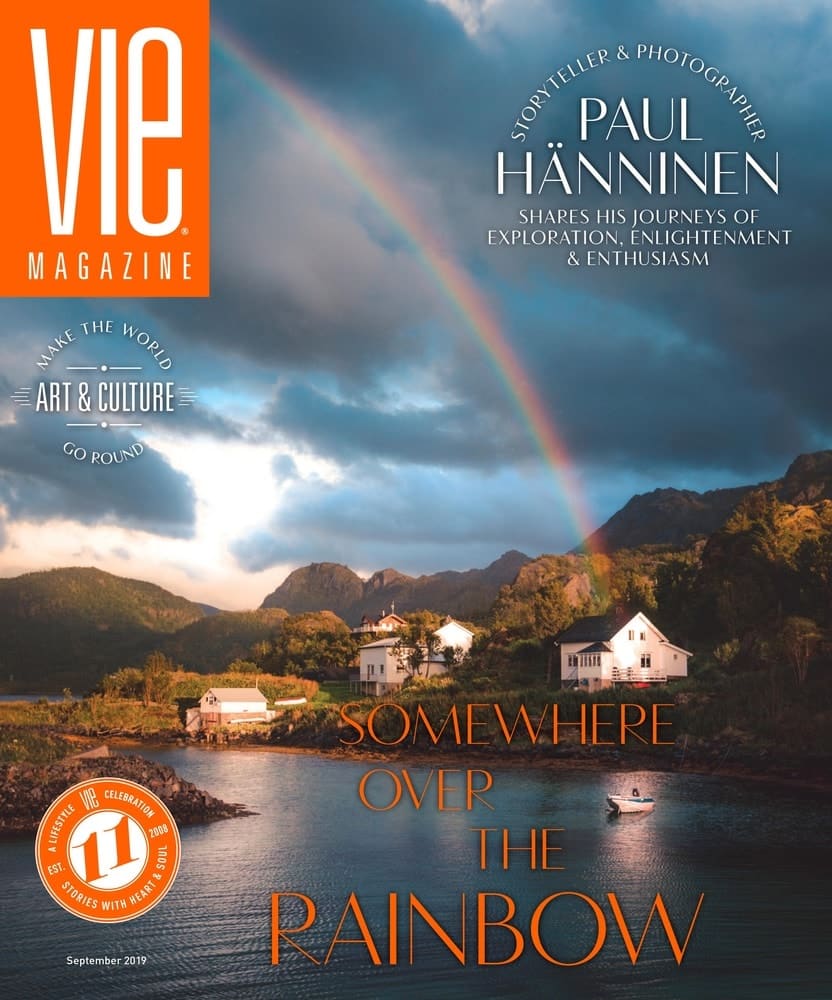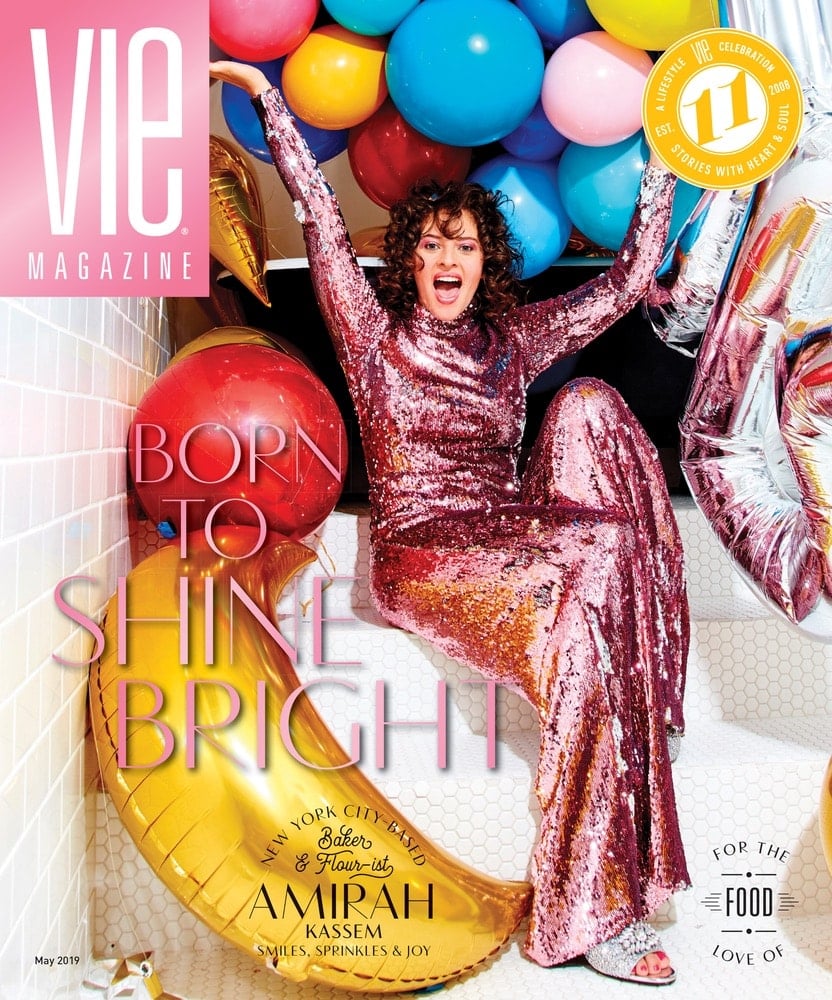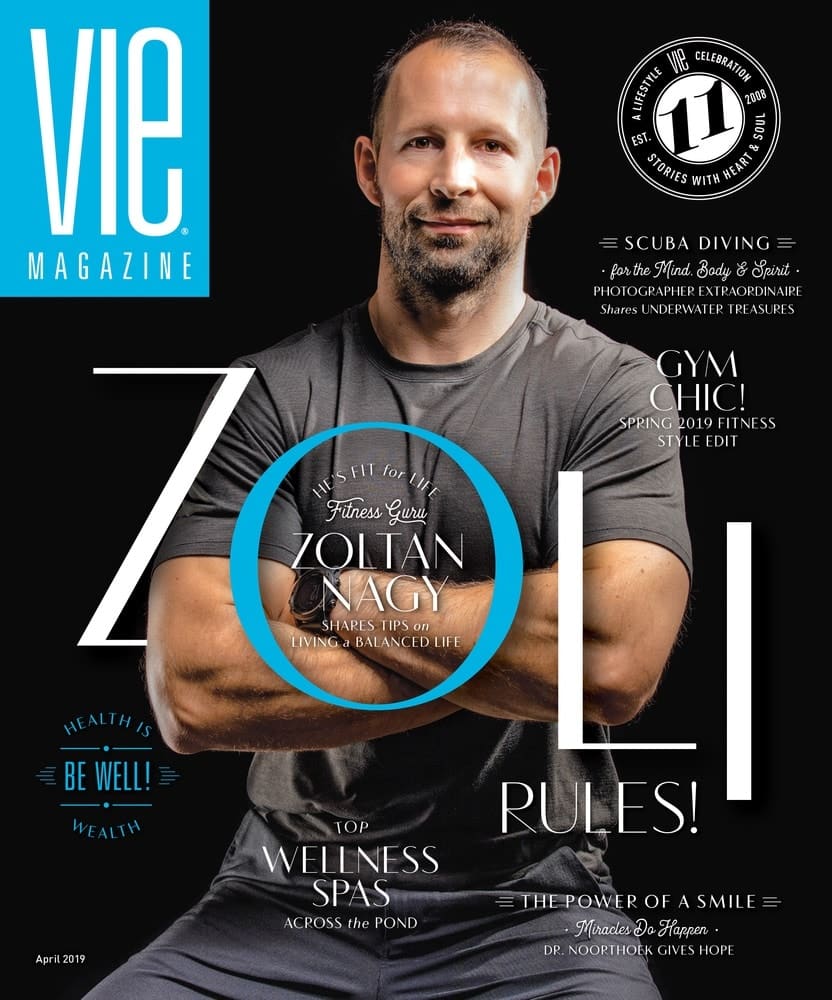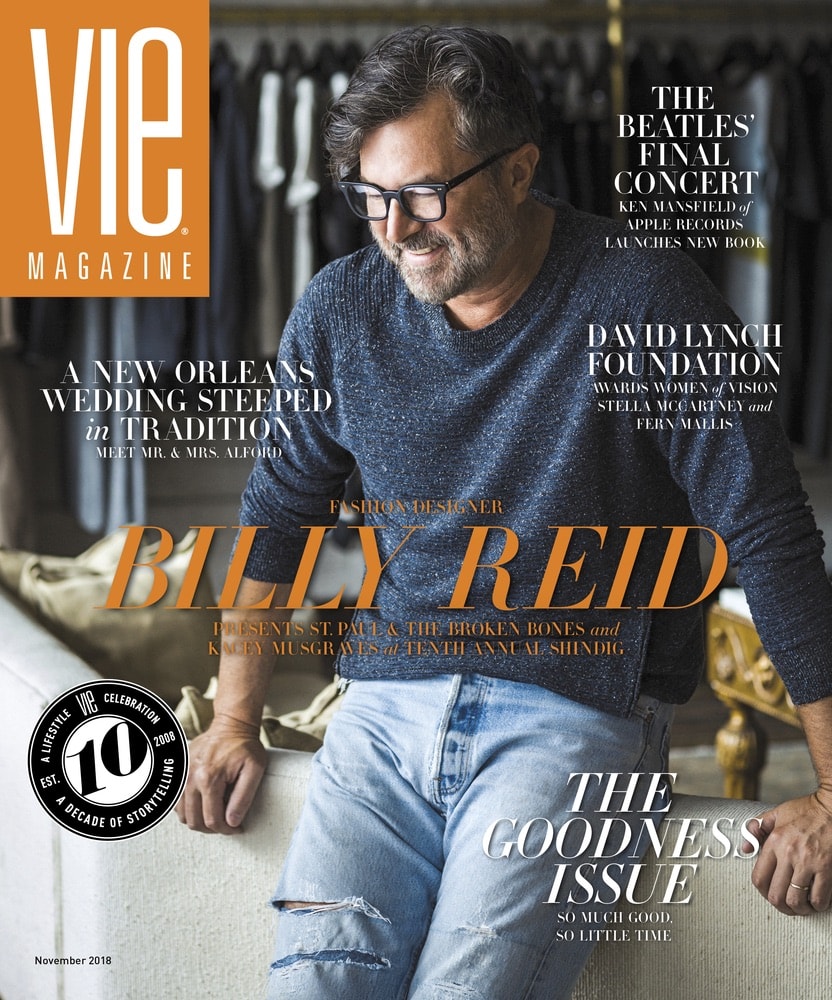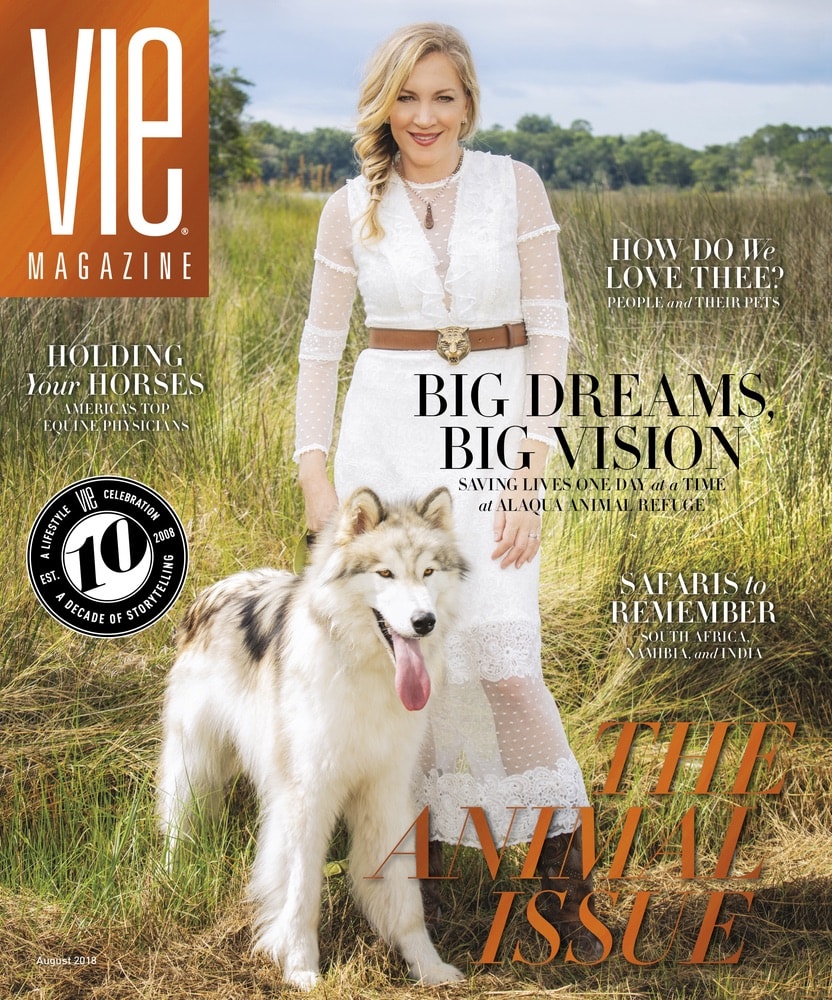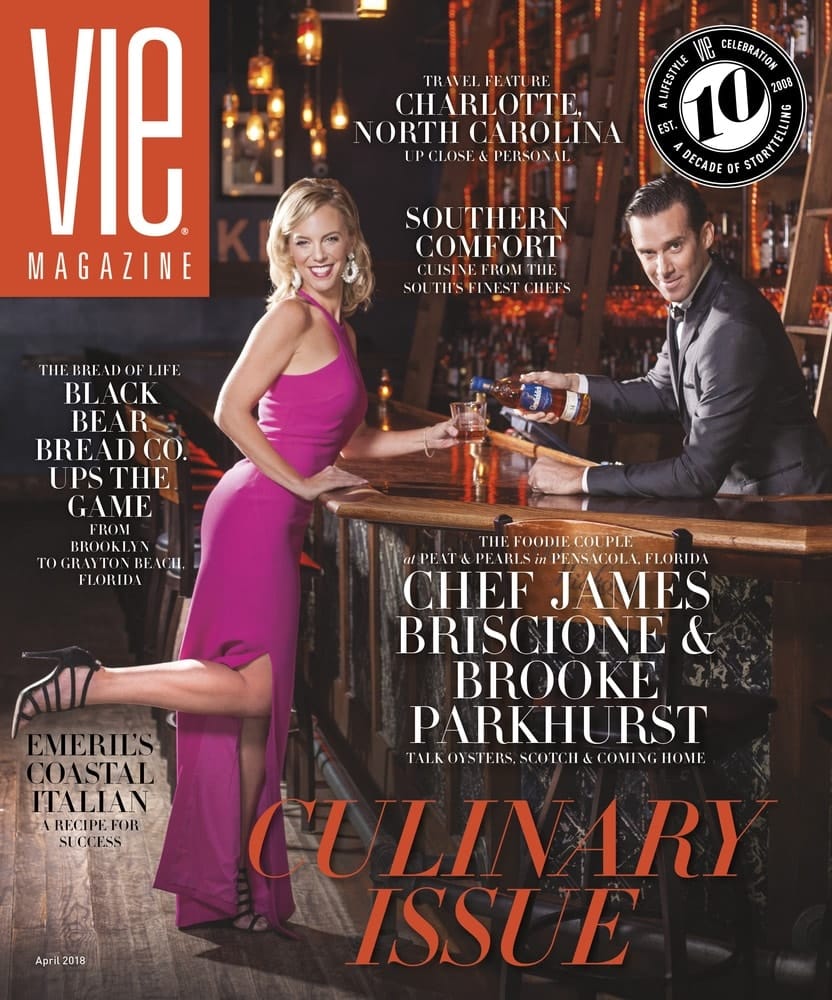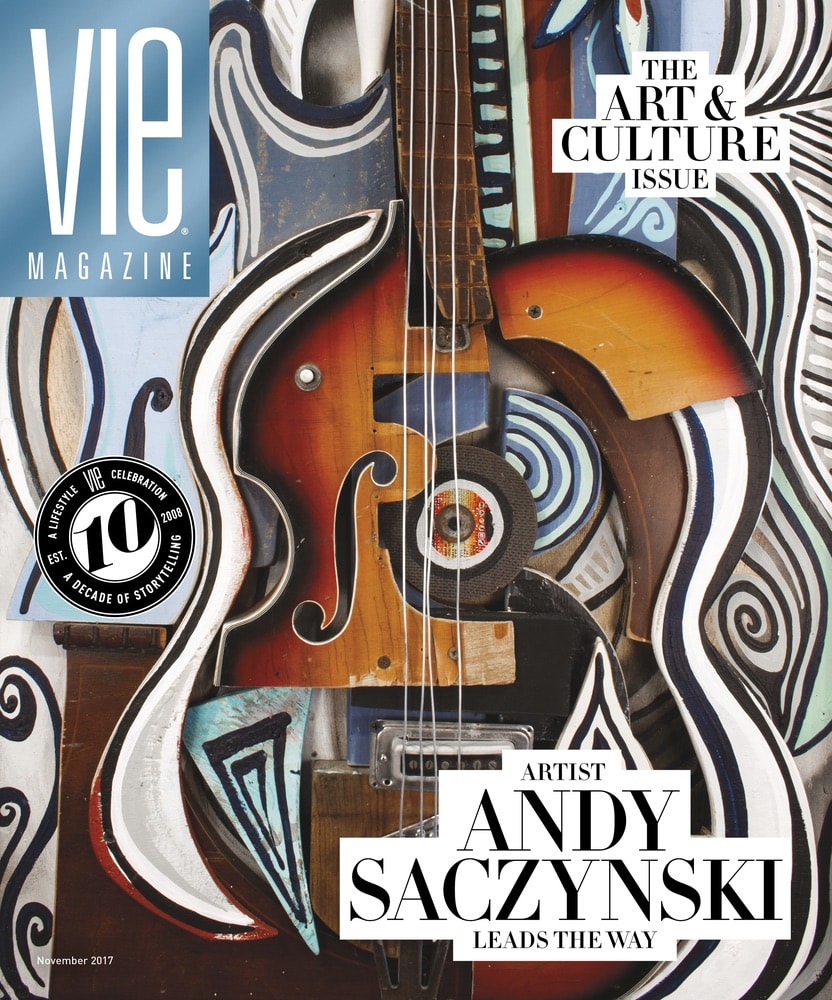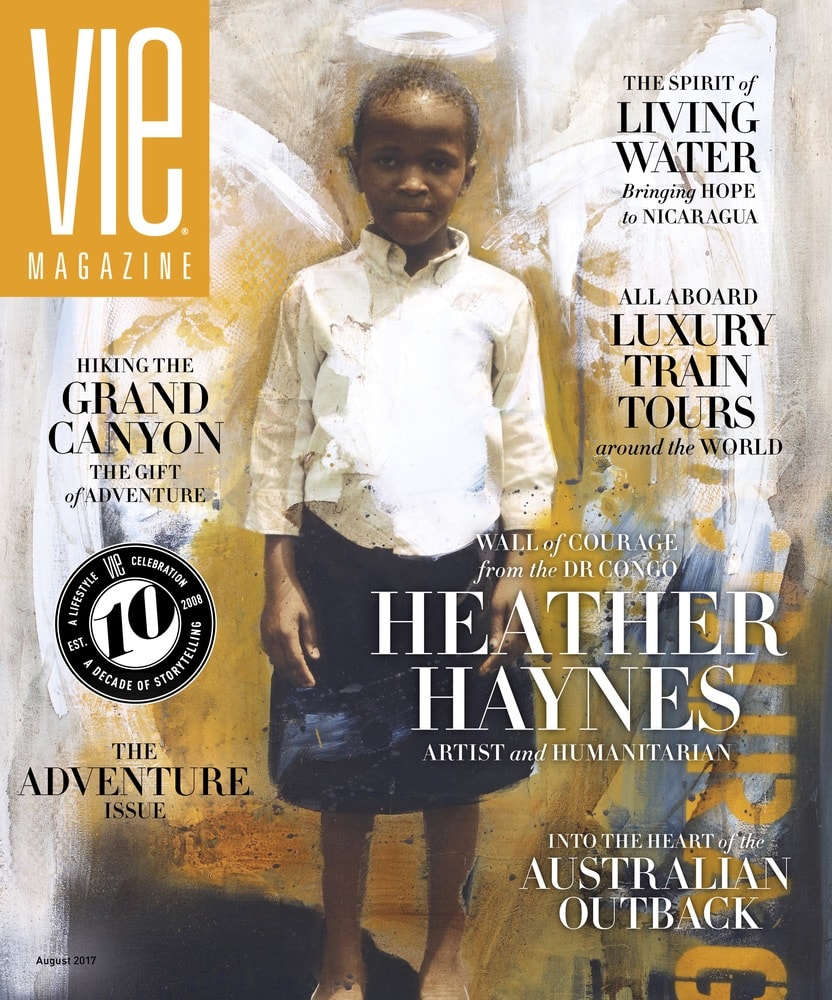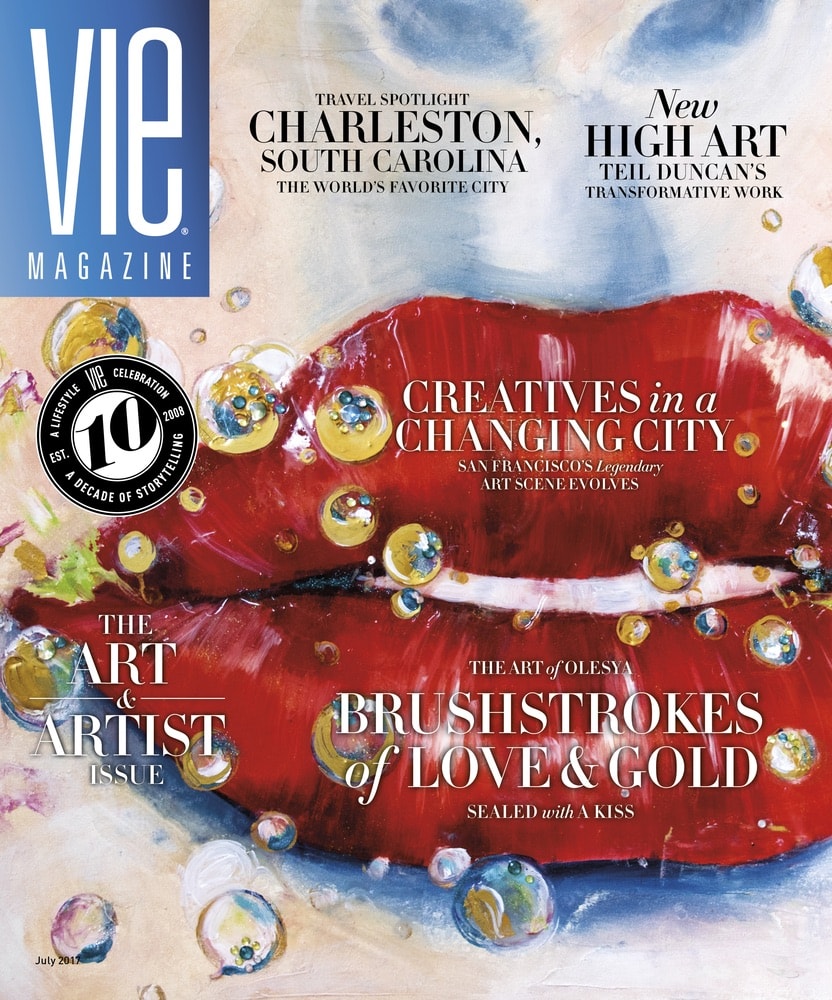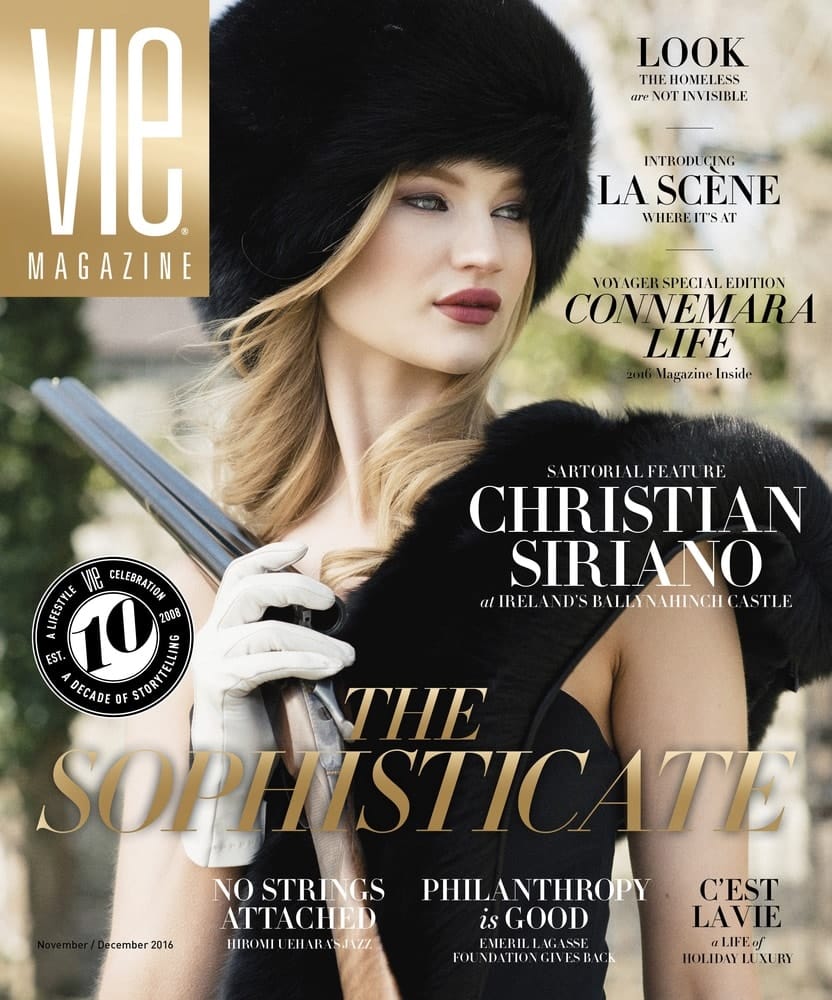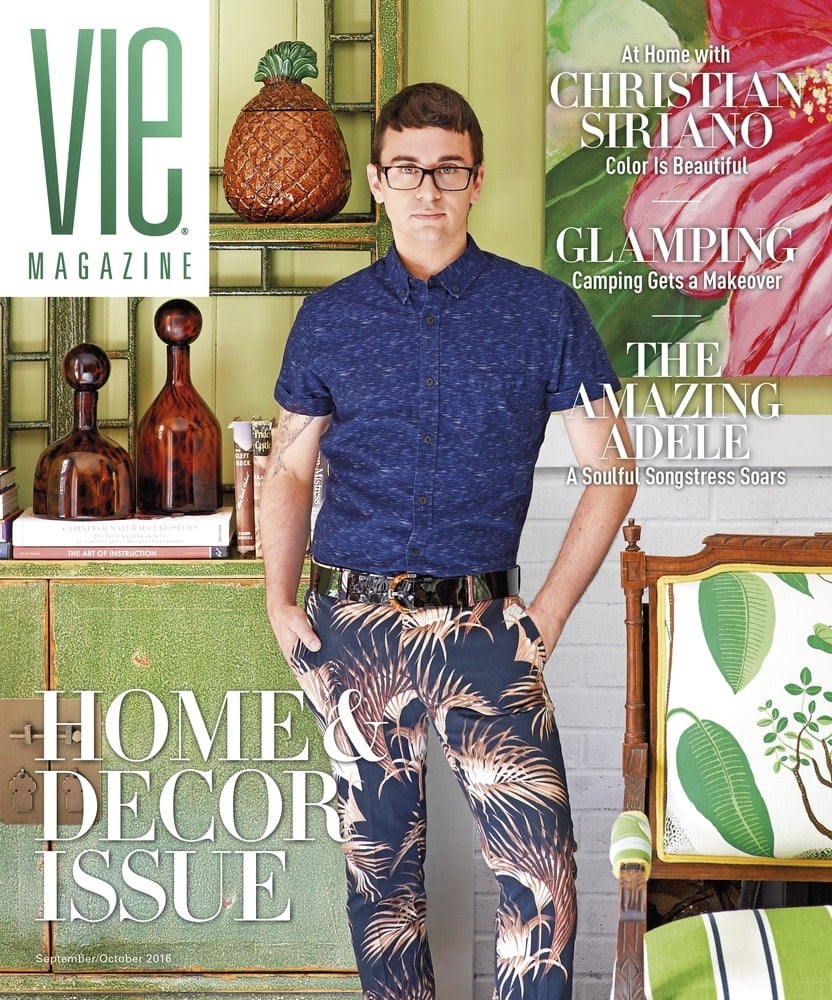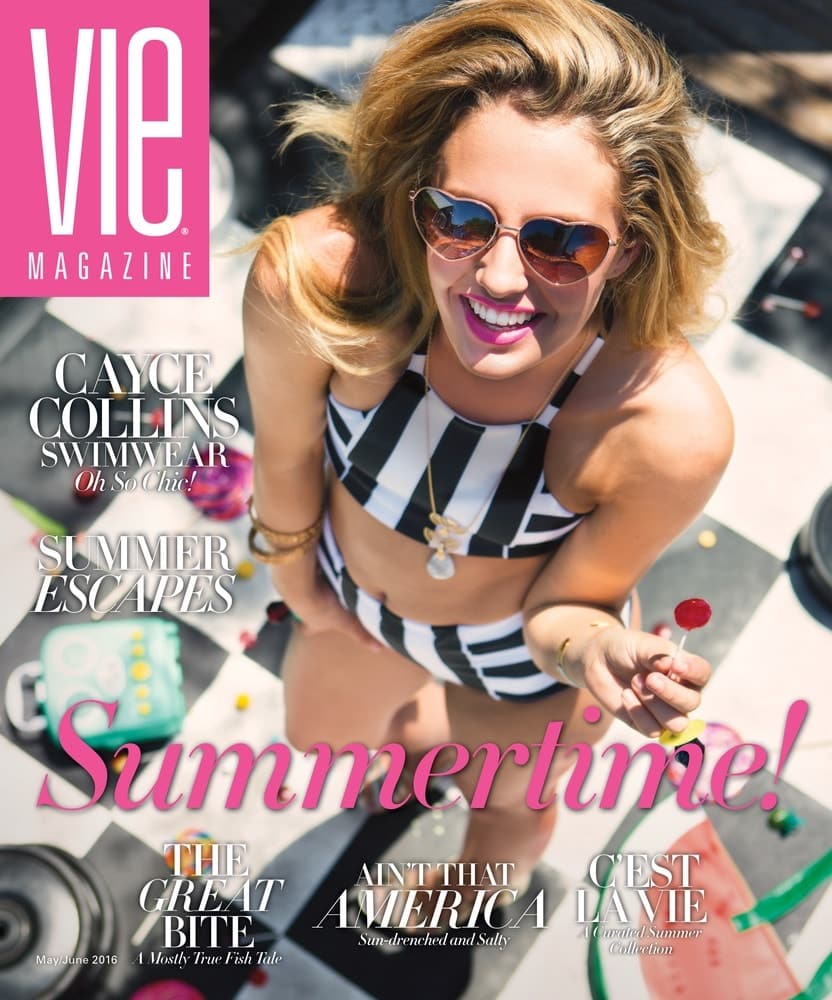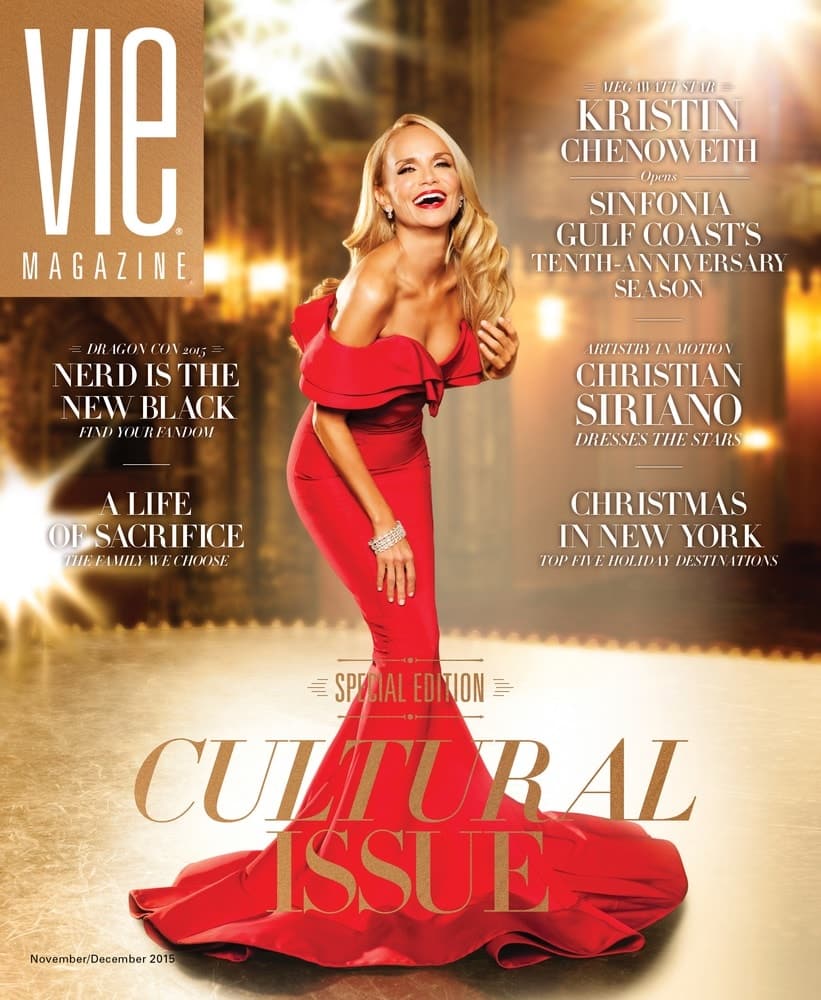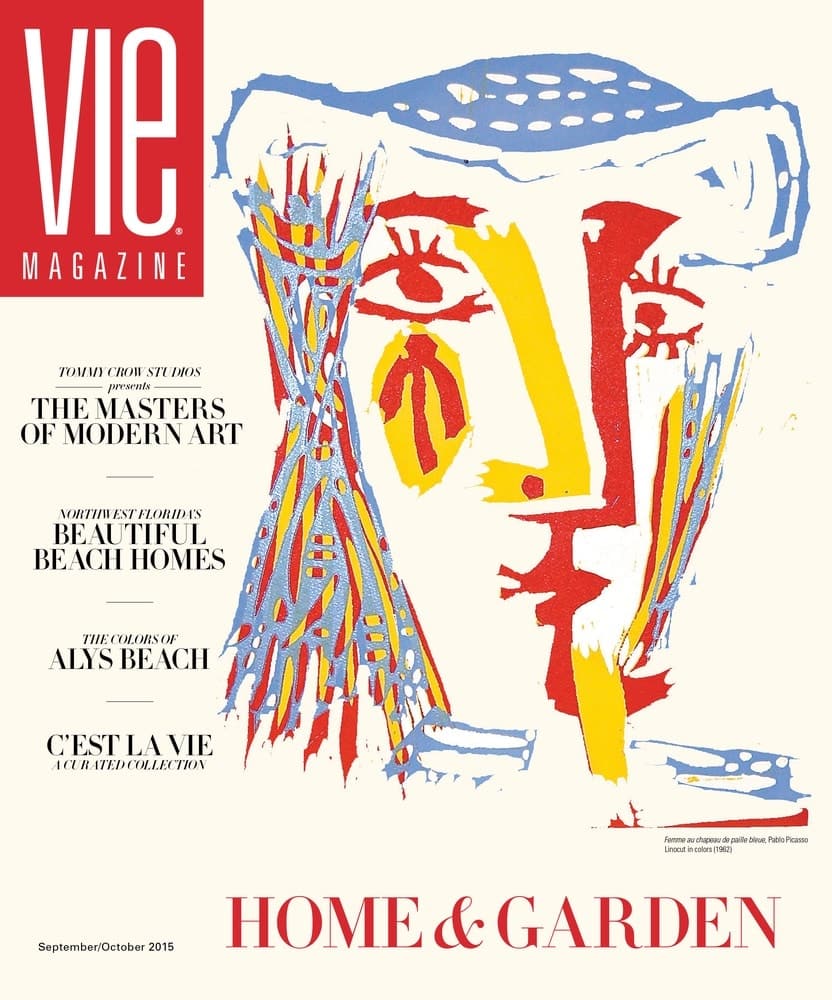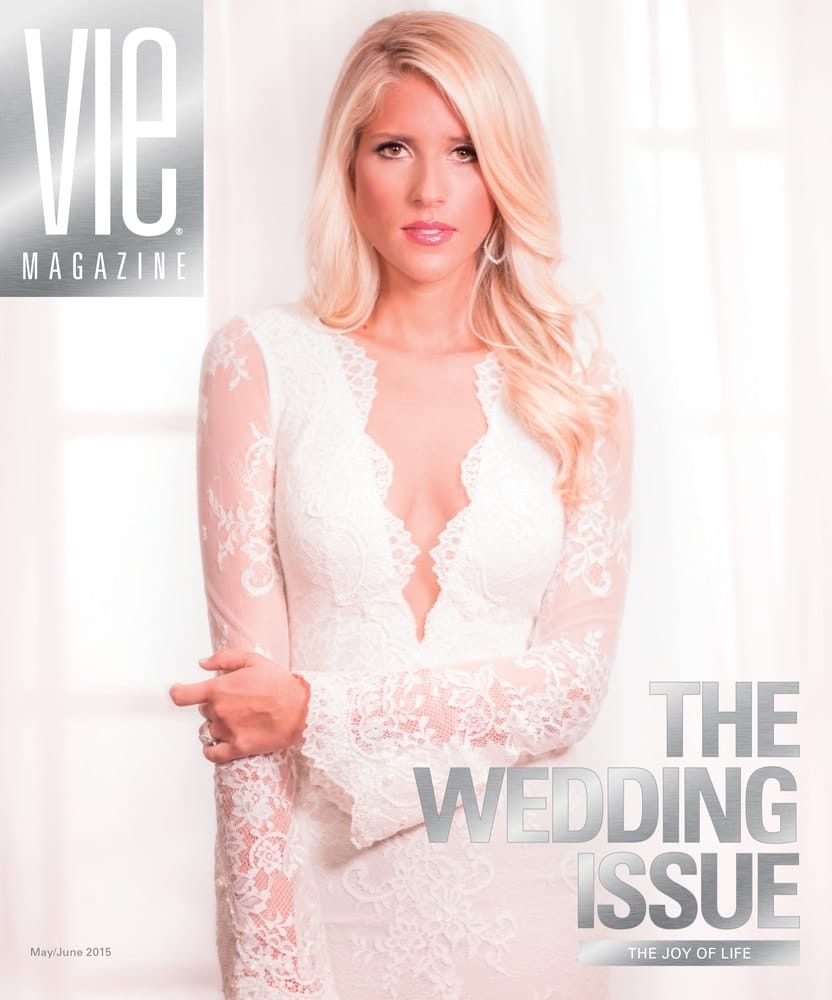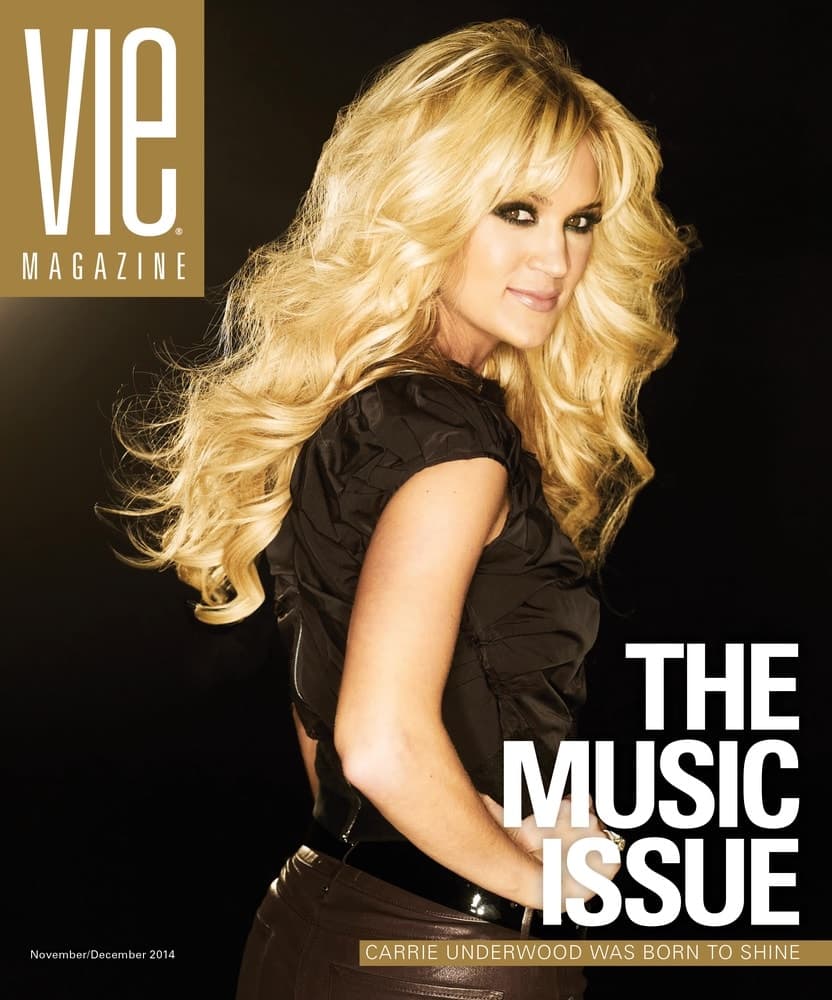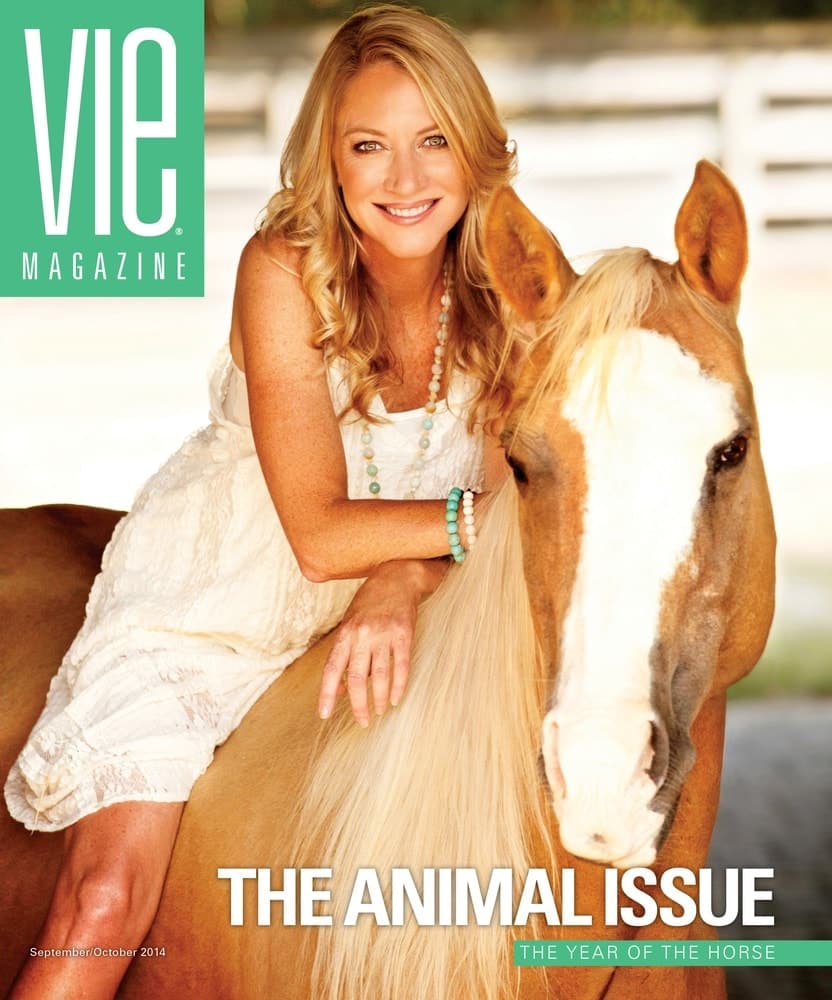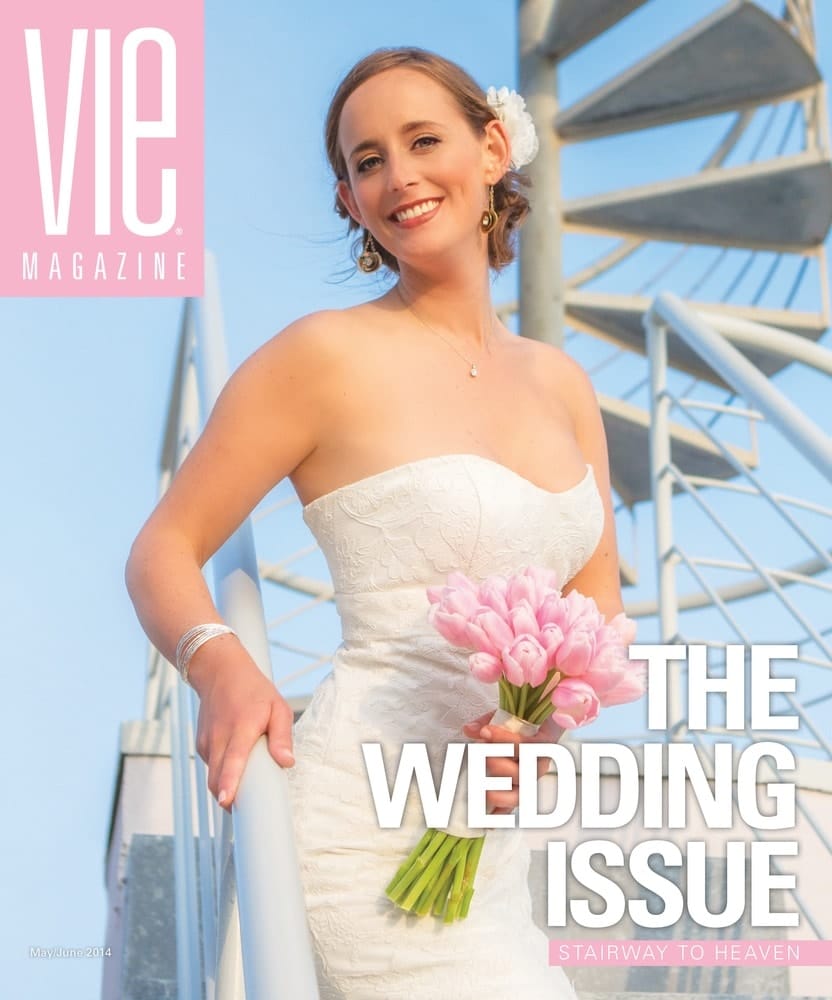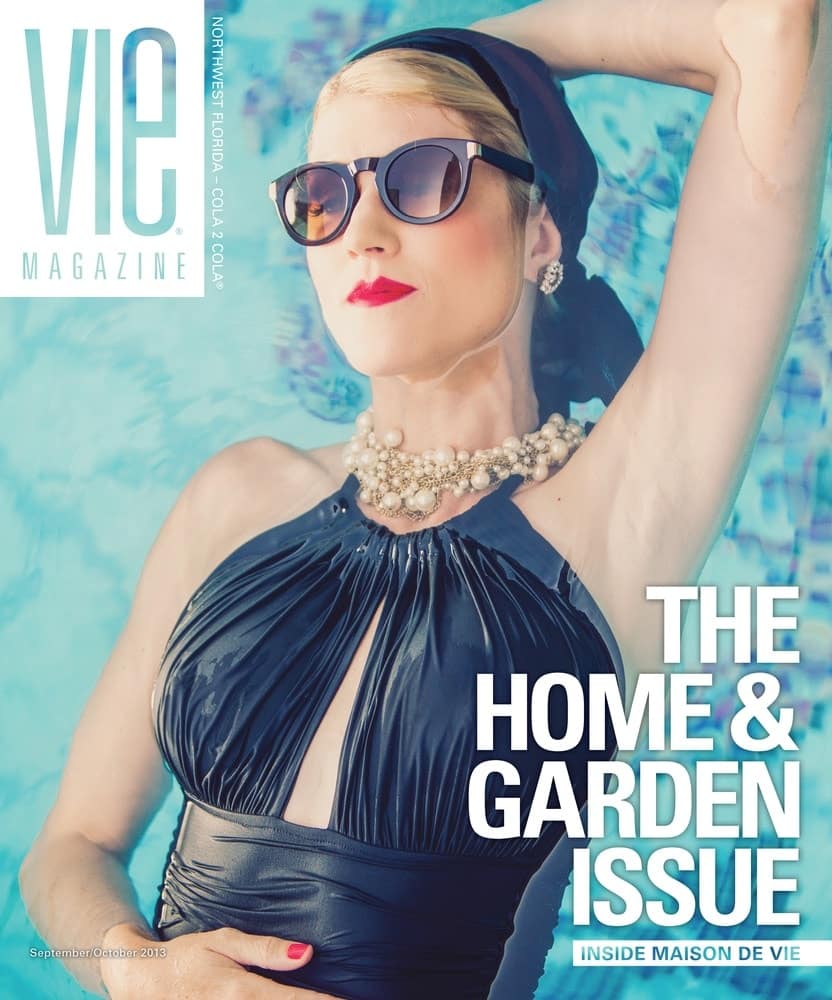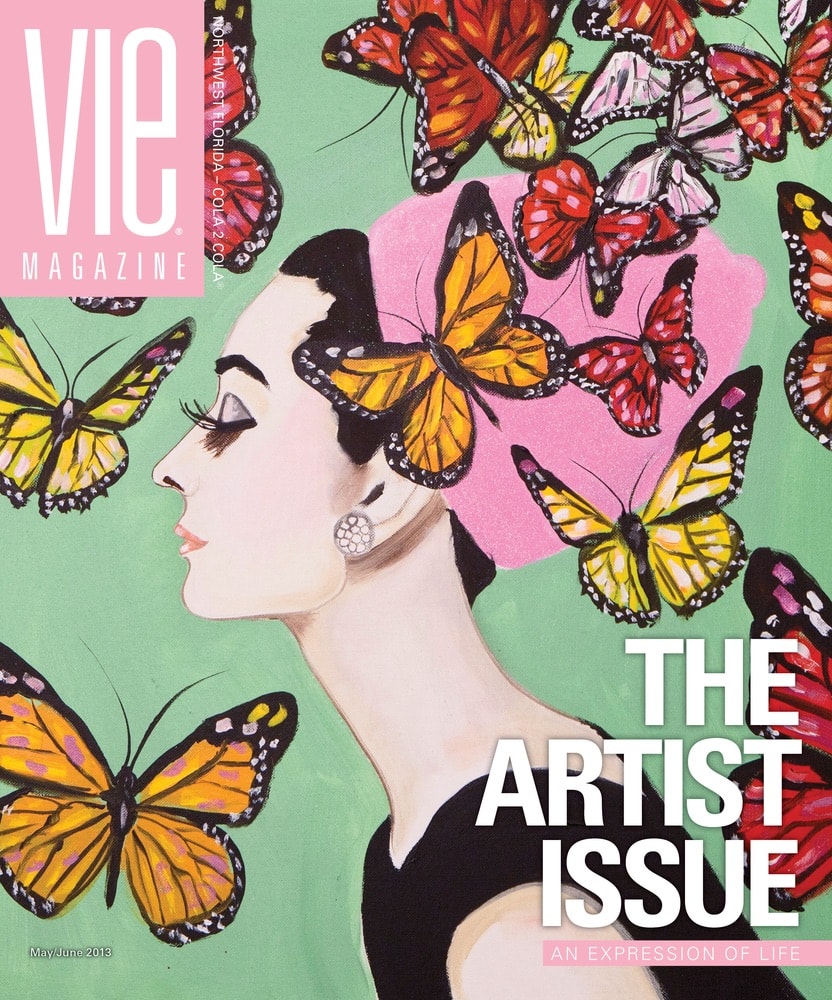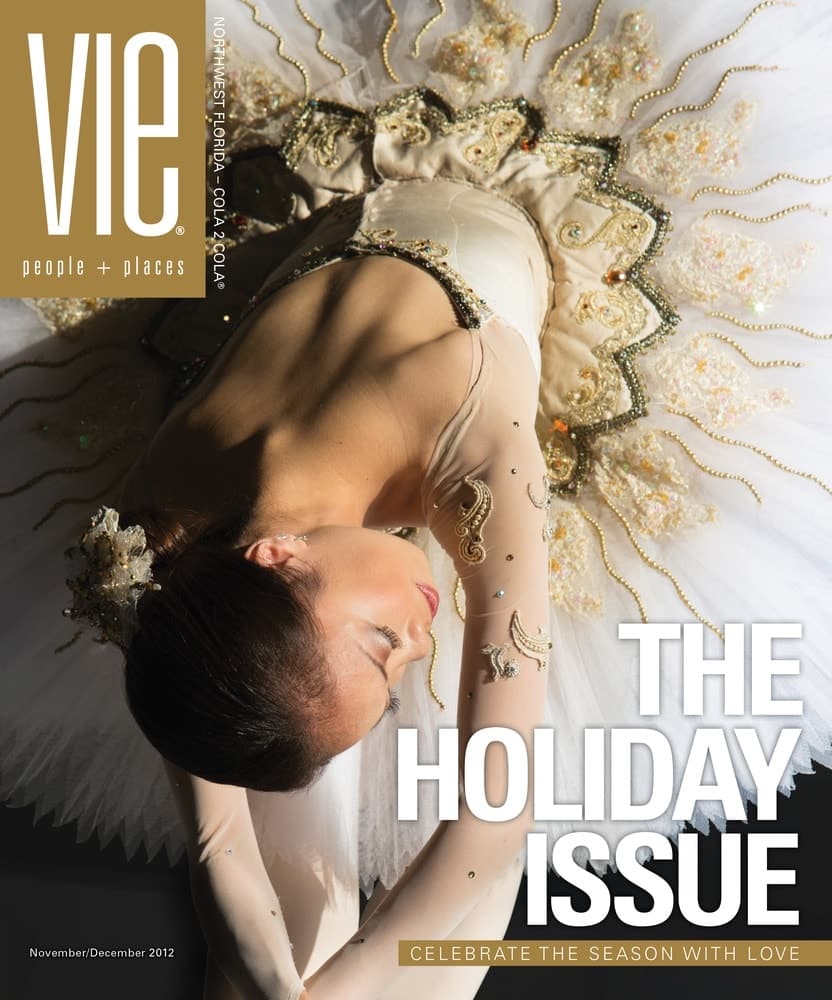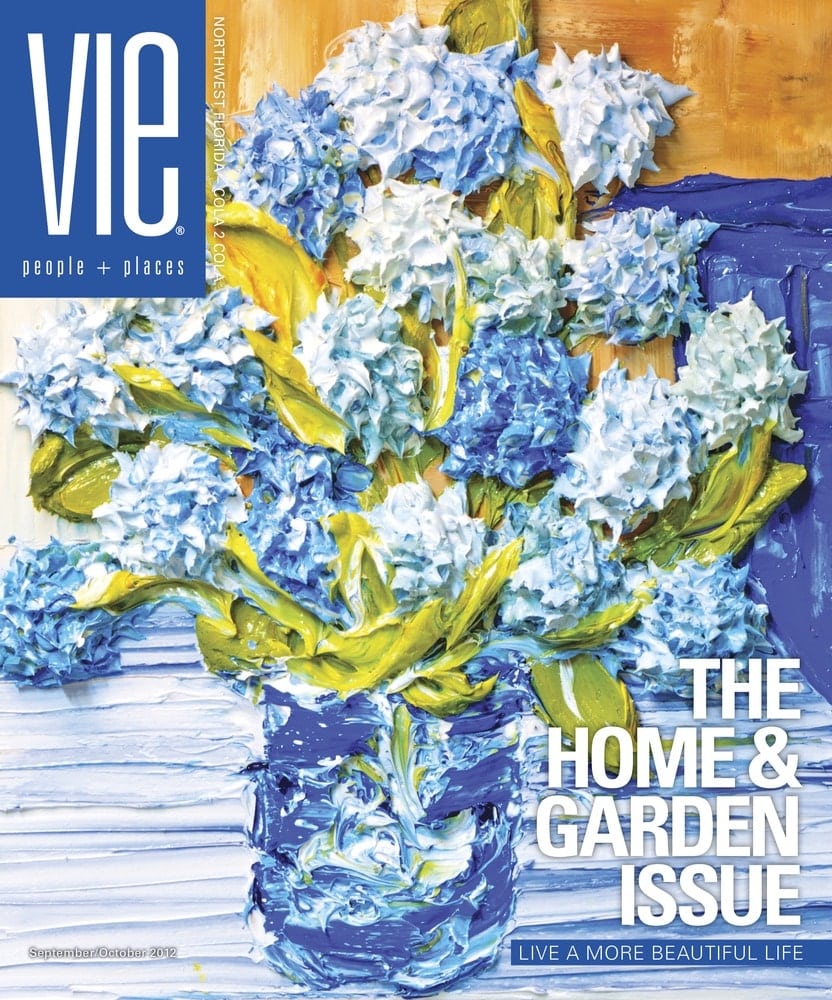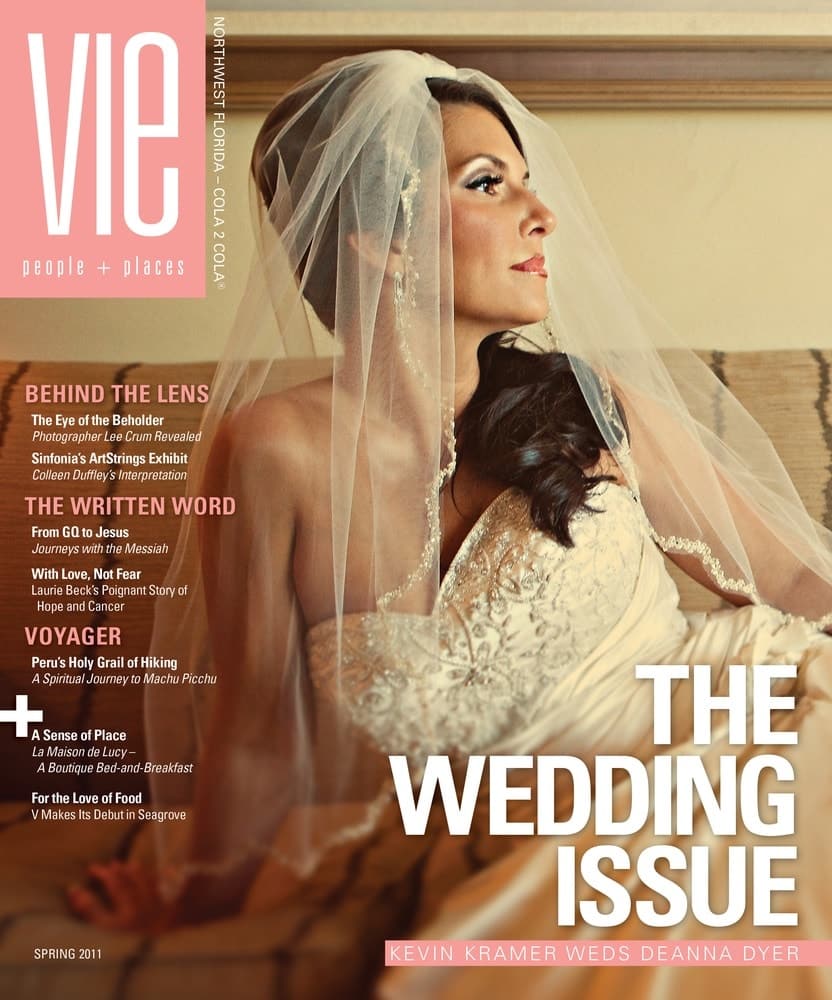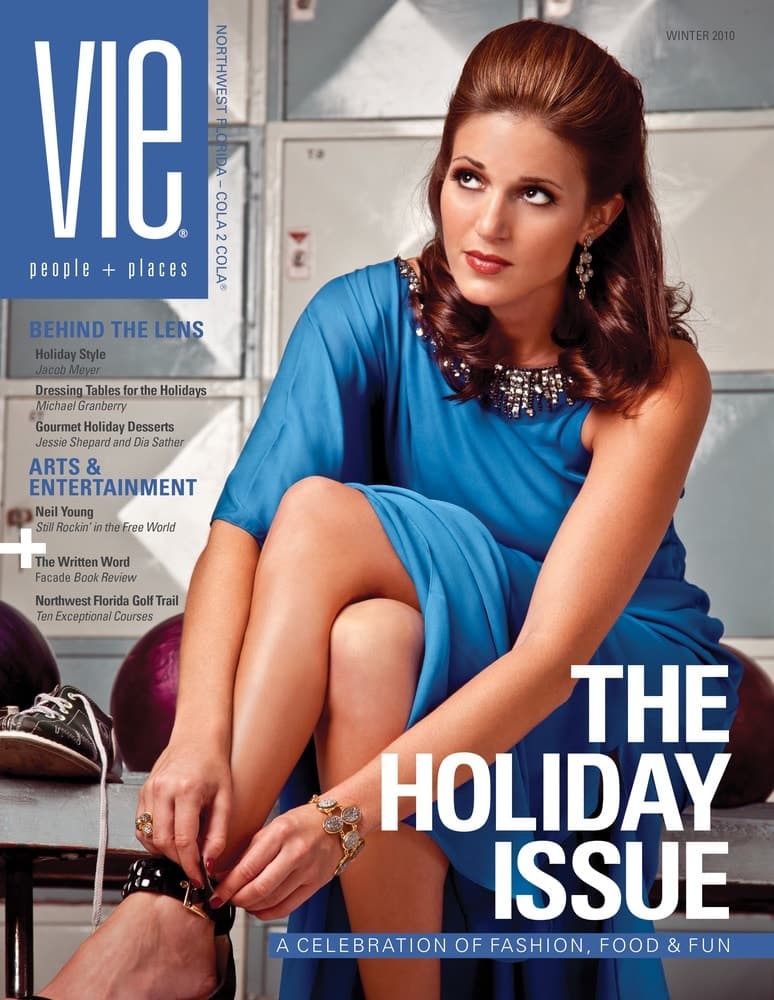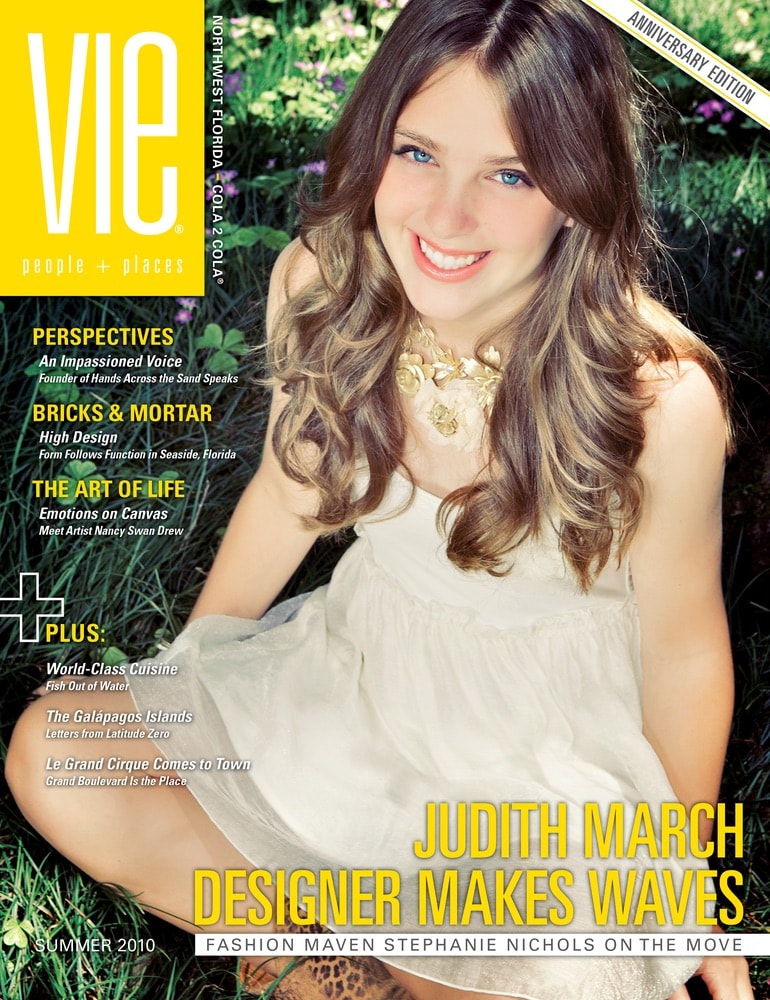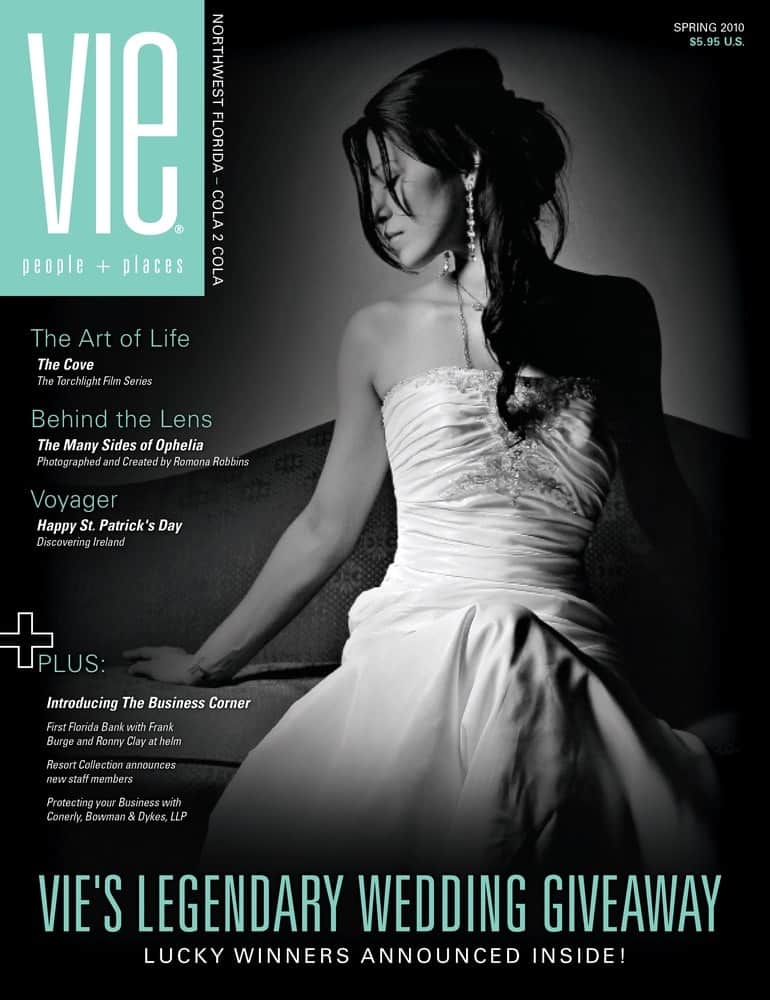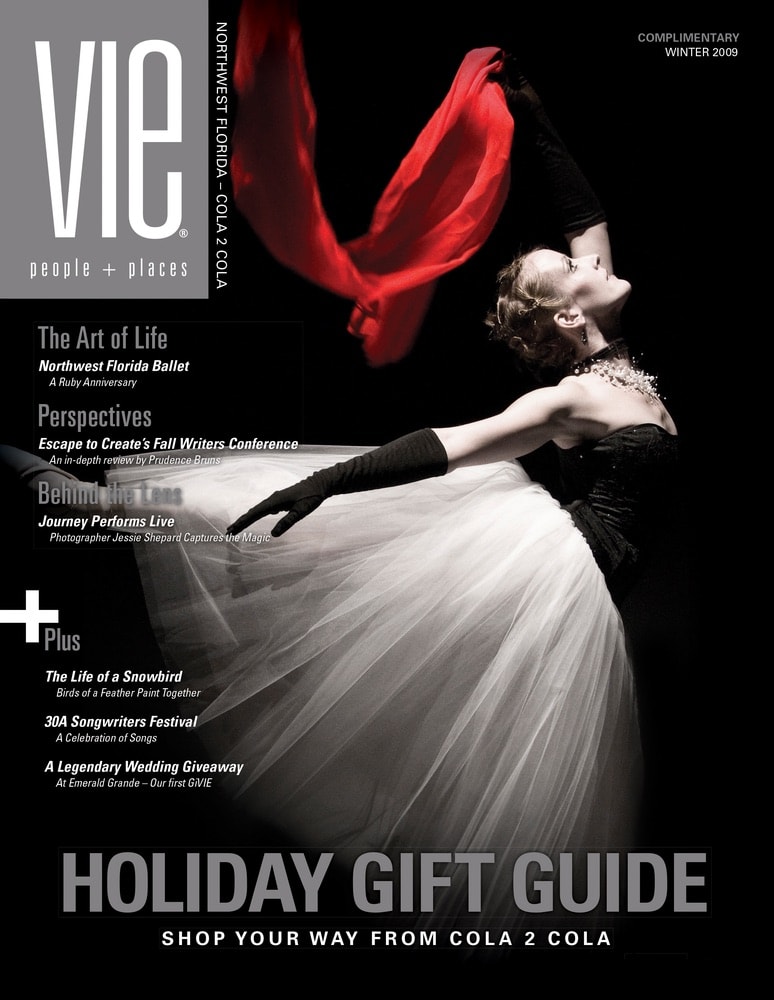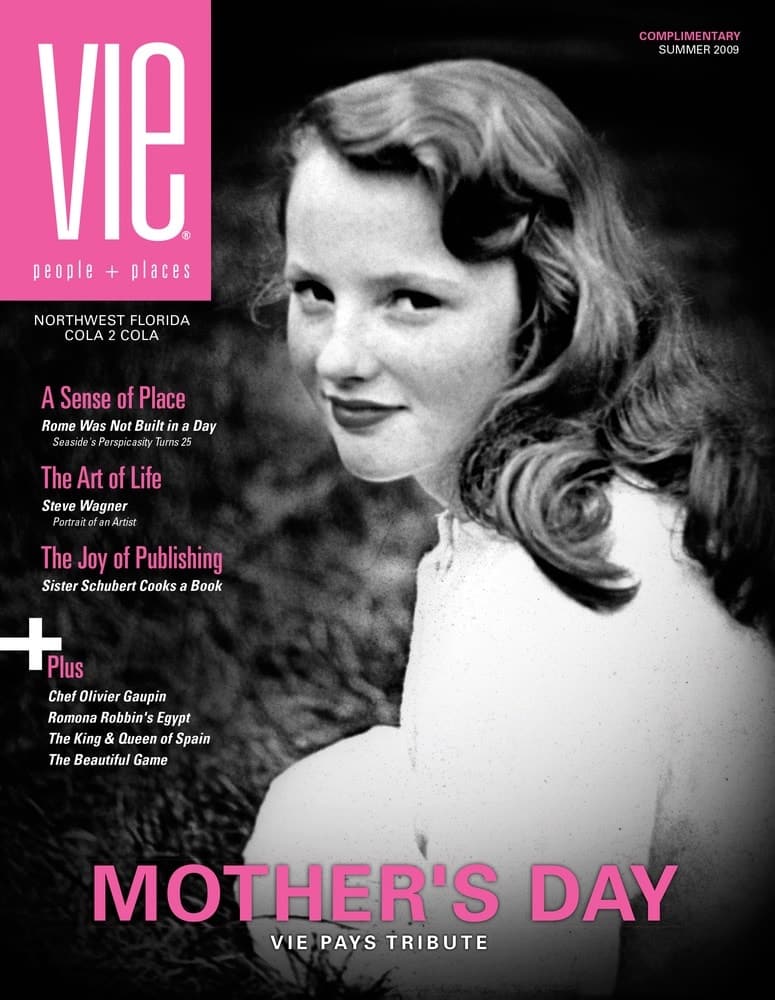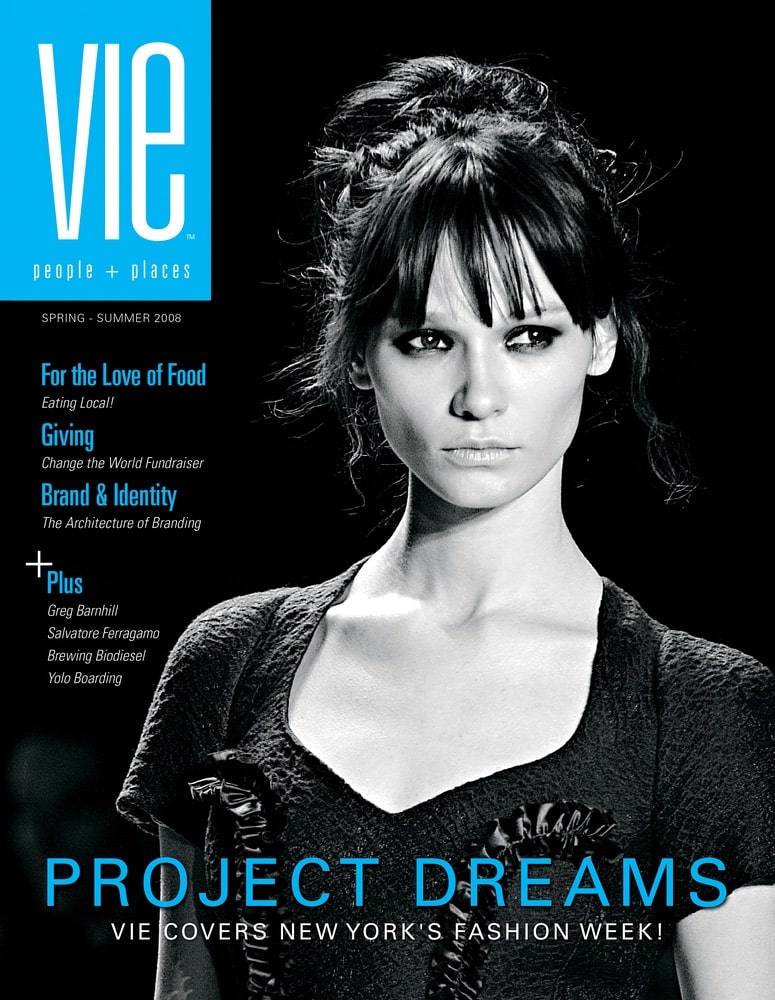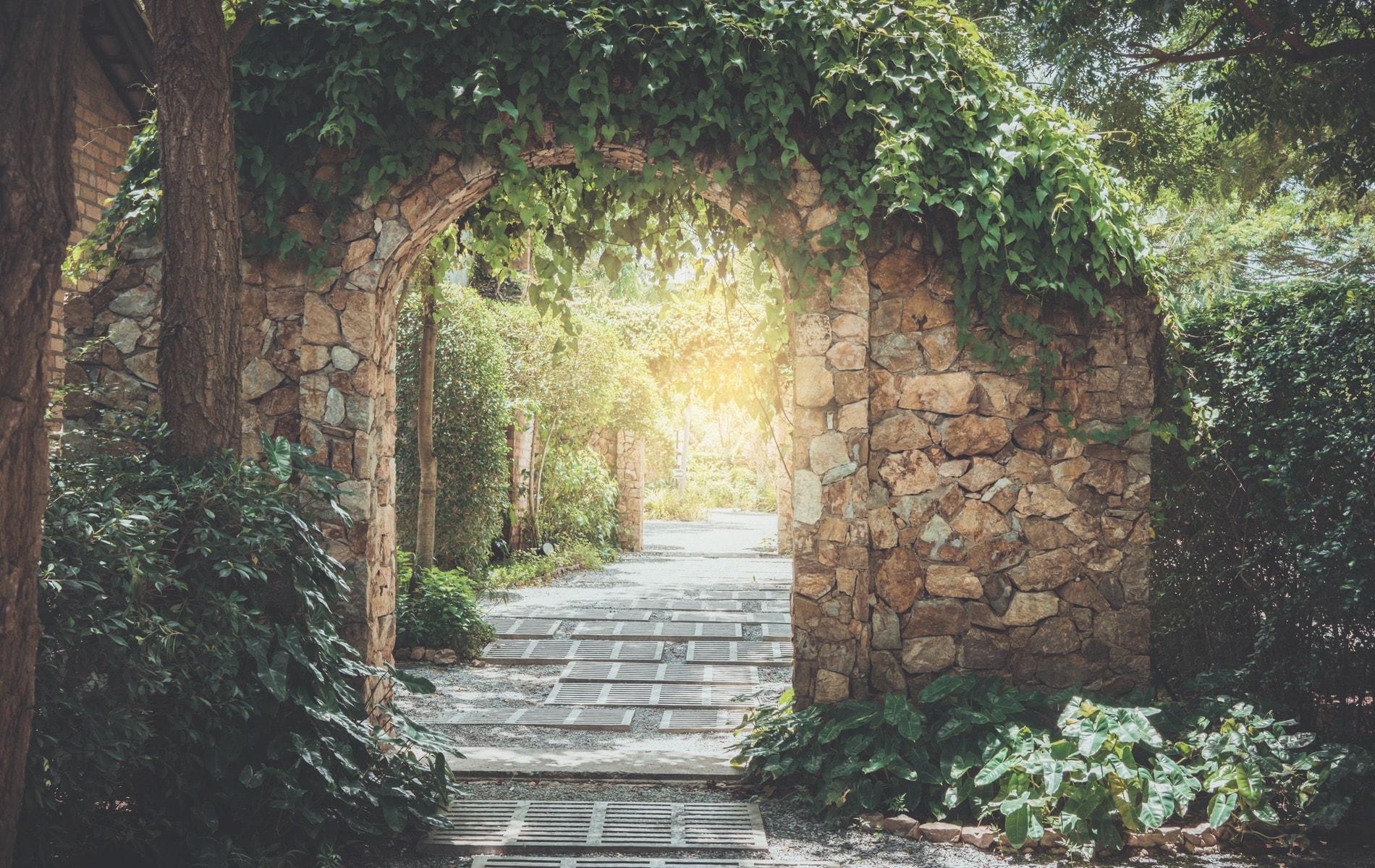
vie-magazine-suzanne-pollak-column-sept-2020-hero-min
Traveling the Perfumed Road
By Suzanne Pollak
“I’m leaving on a jet plane . . .”
Actually, no, I’m not. But I’ve got an open mind during an unruly new reality, picking a patchwork of places to visit on trips lasting mere seconds or minutes. No passport, plane, or packing required. Not even masks are necessary. I travel on a perfumed road, leaving only a trail of scents.
My August vacation looked completely different in the year of COVID, as in nowhere to go! Fortunately, there is that impressive gray mass in our brain that can bring us anywhere. The mind only needs access to the unconscious and subconscious—and maybe the spirit world too.
I’ve been lucky to live in many places around the world (as a member of the community, not just a tourist). I have banks of memories that simply need to be unlocked. And what unleashes memories better than the sense of smell? So, come along a scented lane. You might be surprised at who shows up. While we are at it, let’s make a scented guide for our future—one for which we can truly plan.
One August trip started the night a friend dropped off an armful of ginger lilies from her gypsy garden. If you have ever put your nose into a bunch and smelled the intoxicating, creamy white flower that pokes its elegant petals and stems above the long, slender, vibrant green leaves, you will know. Ginger lilies, part of the ginger family, smell sweeter and more assertive than most flowers. The flowers and leaves bring to mind a 1960s woman standing alone at a cocktail party, surveying the scene as she balances a long cigarette holder between her fingers. The scent is enticing—sort of slouched and relaxed, like the flower itself. You want to be in its orbit.
I used to grow ginger lilies in beds set between high pittosporum hedges and low rows of boxwoods. During the blooming season, in the cool of the morning and after sunset, I stayed nearby. I could not get enough of those lily ladies.
The flowers—and their scent—had been buried deep in my brain. Sleeping with the vase on the bedside table unlocked my life in Beaufort, South Carolina. I remembered first seeing the run-down house and garden where the ghosts lived. No one would buy the house because it was haunted.
I did not believe in ghosts, but after buying and restoring the 1780 house, things happened that changed my mind. Rumor has it that there were, on average, 120 recovering or sick soldiers on the property during the Civil War because it was Hospital #10 for the African-American soldiers of the 54th Regiment from Massachusetts. Those ill with gangrene, thought to be contagious, stayed in the garden. The interior doors were used as stretchers. Clara Barton might have nursed the men herself.
The former owners informed us that the ghosts of two soldiers lived there. (Not exactly what a house inspector looks for, nor roommates you expect to live with.) I’ll just make friends with them, I thought. But others were not so sure. My four teenagers said they would not move in because the house’s aura was creepy to them. My husband fell into a fireplace in broad daylight. He said someone pushed him, but I was in the room and didn’t see or feel anyone there besides us. He had to get five stitches above his eye.
This summer, the scent of the lilies made me revisit the 240-year-old house and 150-year-old spirits, reminisce about their antics, and think of the B and B that I always wanted to run—minus the ghosts free to go wherever and do whatever they please, night and day.
The painters, brought from Virginia because of their expertise in painting eighteenth-century houses, each had a ghost experience. They got spooked early on. After putting the first coat of paint on the front hall, they went to lunch and came back to find a flooded floor. One of them took a photo outside and, lo and behold, looking out of one of the ballroom windows was the outline of a person. We moved in, and sometimes I whispered silly things to the ghosts: Welcome, Feel free to stay, Hello, or other nonsense.
Our first dinner guests were an American bishop from Malawi and our parish priest from Savannah, Georgia. They both confirmed that ghosts exist. The bishop said he could remove them, but I had already taken care of that. How else would my family agree to live in this haunted masterpiece? Another friend told me he was a ghostbuster, so when we left for the weekend, he moved in to do whatever it takes to get rid of spirits.
Then there were the husband-and-wife cleaning team. They were hired by the construction manager to get the house ready to be occupied. A week or two later, I invited the housecleaning couple to help before we hosted a benefit party. The wife came in, and the first thing she said was, “Everything feels different.”
“Right,” I replied, “carpets, curtains, paintings are in . . .”
“No,” she said. “No one is talking. The spirits are gone.” According to the ghostbuster, some people feel spirits (my husband), some see them (the painters), and some hear them (the lady who cleaned), while others have no connection (me).
However, more spirits returned ten years later, and I saw and heard these myself. They played jazz at two in the morning, moved pots across burners while I cooked, and even rearranged the furniture in the basement. By then, I was a confirmed believer and called back Mr. Ghostbuster. He announced I was running a B and B for ghosts, and he came to shut the inn down.
This summer, the scent of the lilies made me revisit the 240-year-old house and 150-year-old spirits, reminisce about their antics, and think of the B and B that I always wanted to run—minus the ghosts free to go wherever and do whatever they please, night and day.
Recently, other scents take me places too. The smell of scotch inevitably reminds me of my father. When I was a young girl in Somalia, Jesse Owens came over to our house. My father introduced Mr. Owens as the fastest man in the world, and I thought, No way! He is too old. Jesse Owens and my father sat down with a scotch and water, because that’s what my father drank every night. I love thinking of the two elegant men drinking scotch together—one a spy and the other a runner—men of a certain time, intelligence, and seasoning, choosing scotch as their cocktail. The type of scotch they chose was part of their curation, just like the music they listened to, the books they read, and the roads they traveled.
If it seems like I am just hanging out with spirits in the time of COVID, that is not entirely true. I do more than drink scotch and sniff ginger lilies.
Why should the magic of scent matter to you? What are your scent memories? More importantly, what will people remember about your scent? Your smell is part of your identity. Perfume, aftershave, cocktail; they are all mixed. One friend described her husband in an evocative and sensual way. She said that she loves his five o’clock smell, the product of his day mixed in with the subtle cologne he applied in the morning.
Now I have several young girls and boys in my life: my eight grandchildren. The eldest was born when I was forty-eight. These days I teach her to bake pies, biscuits, scones, brioche, and challah bread. The house fills with the intoxicating and appetite-inducing smells, making us hungry even when we are not. Besides devouring all the carbs, my mind focuses on creating memories—aromas that will shape my granddaughter’s future. I imagine when she walks by a bakery one day, eats brioche at breakfast in a Parisian hotel, or rolls pastry and bakes pies when she lives on her own, I will be with her, hovering in her memory. She will know I am still with her and will always be there for her.
The strongest sense, smell, is tied to memory. Ride the scents in your life backward to go on a different sort of trip; then ride them forward to make memories that will live on with those you love.
— V —
Suzanne Pollak, a mentor and lecturer in the fields of home, hearth, and hospitality, is the founder and dean of the Charleston Academy of Domestic Pursuits. She is the coauthor of Entertaining for Dummies, The Pat Conroy Cookbook, and The Charleston Academy of Domestic Pursuits: A Handbook of Etiquette with Recipes. Born into a diplomatic family, Pollak was raised in Africa, where her parents hosted multiple parties every week. Her South Carolina homes have been featured in the Wall Street Journal Mansion section and Town & Country magazine. Visit CharlestonAcademy.com or contact her at Suzanne@CharlestonAcademy.com to learn more.
Share This Story!
KEEP UP WITH THE LATEST STORIES FROM VIE
